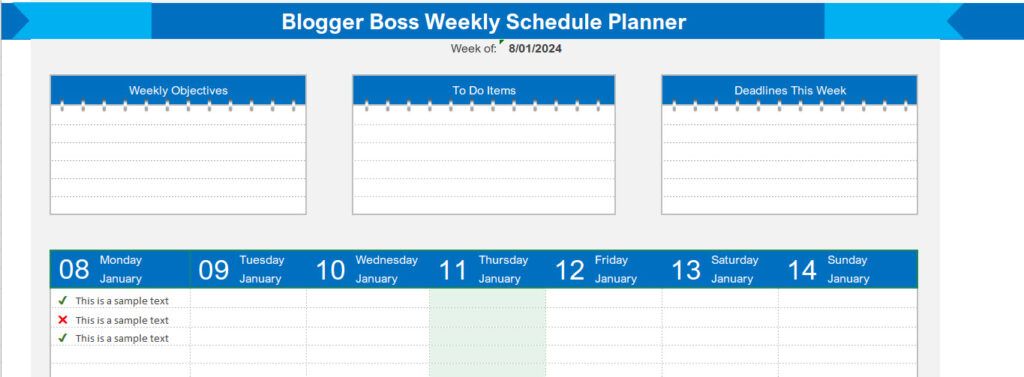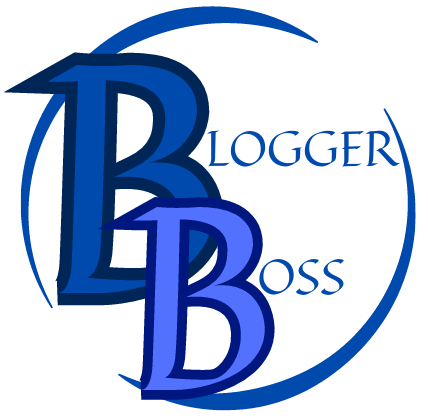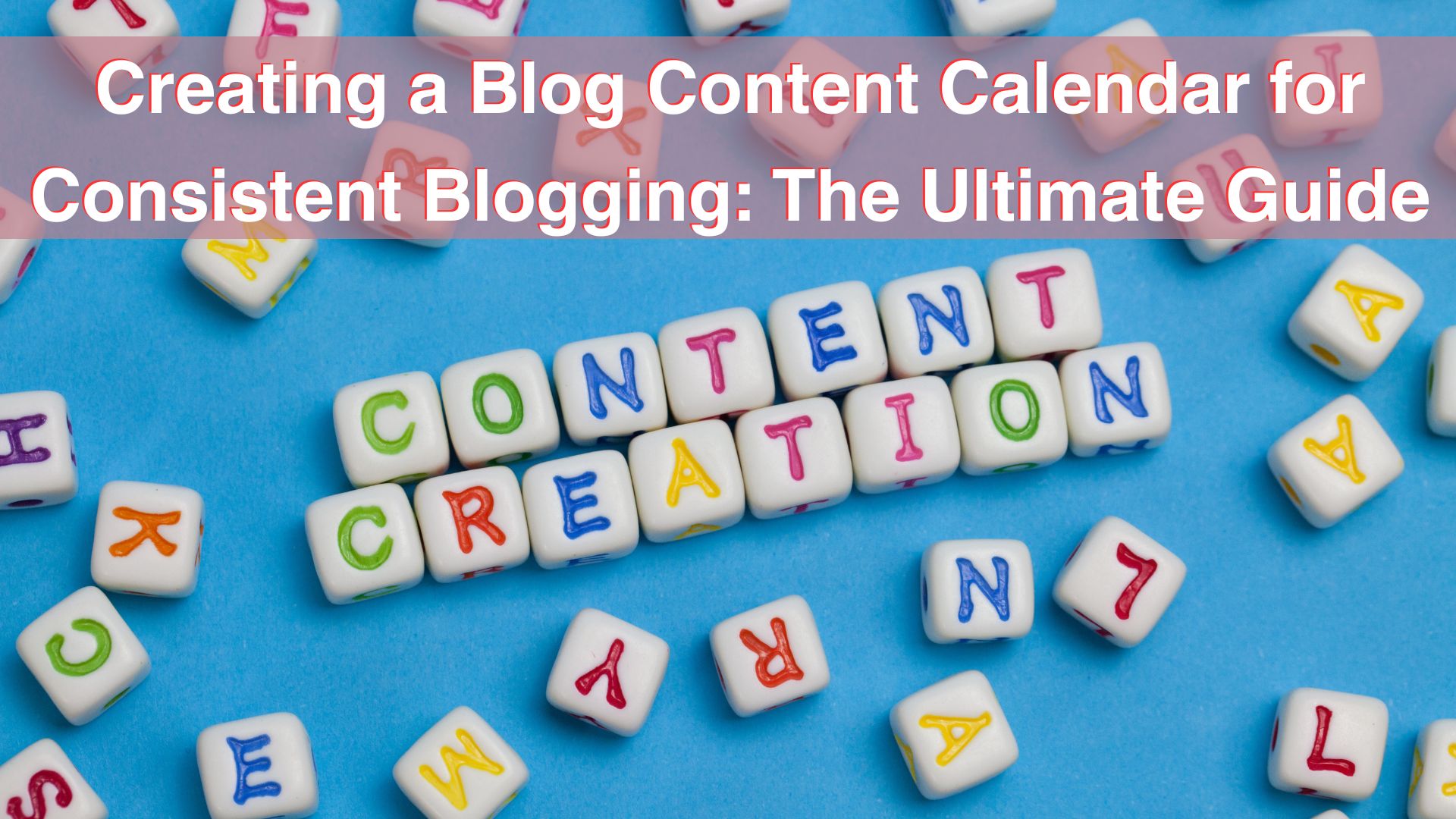Welcome to the era of blogging where consistency is king, and a blog content calendar is the royal scepter! If you’re looking to keep your blog as fresh as morning coffee, you’ve come to the right place. In this ultimate guide, we’ll dive into the art of creating a blog content calendar that ensures your blogging is as consistent as the tick of a clock.
Understanding the Importance of a Blog Content Calendar
Boosting Consistency and Quality
Believe it or not, a blog content calendar is your secret weapon in the blogging world. It’s like having a GPS for your blog journey – you know where you’re going and how to get there. This handy tool ensures you’re posting regularly, keeping your audience hooked, and maintaining the quality of your content.
Enhancing Time Management and Efficiency
Ever felt like you’re juggling too many ideas, or worse, facing the dreaded blogger’s block? A blog content calendar is the superhero cape you need. It streamlines your workflow and helps you balance different content types, making your blogging life a breeze.
Setting Up Your Blog Content Calendar
Choosing the Right Tools and Platforms
In the digital age, there’s no shortage of tools to help you plan your content. Whether you’re a Trello enthusiast, a Google Calendar guru, or an Asana aficionado, the key is to pick a platform that fits like a glove. Weigh the pros and cons, and remember, the best tool is the one that you’ll actually use!
Defining Your Blogging Goals and Metrics
Aimlessly blogging is like going on a road trip with no destination. Set SMART (Specific, Measurable, Achievable, Relevant, Time-bound) goals for your blog and keep an eye on those KPIs (Key Performance Indicators). They’re like the breadcrumbs that lead you to blogging success.
Planning Your Content Strategy

Identifying Your Target Audience
Knowing your audience is like having a map for a treasure hunt. Create audience personas to understand who you’re writing for. Dive into their interests, needs, and what makes them tick (or click!).
Balancing Content Types and Themes
Mix it up! A blend of evergreen content and trending topics keeps your blog as interesting as a mystery novel. Experiment with different formats – be it how-to guides, interviews, or listicles. Variety is the spice of blogging!
related article – beginners blueprint: how to start writing for a blog with ease
Hey there, future blogging superstar! Welcome to your first step towards becoming a blogging sensation. Today, we’re diving into the exciting world of blogging – from zero to hero. So, if you’ve ever wondered how to start writing for a blog… Read More>>

Structuring Your Calendar for Flexibility and Creativity
Allocating Time for Research and Creativity
Schedule time for brainstorming and research. Keep your finger on the pulse of industry trends and what your competitors are up to. Remember, creativity thrives when it’s nurtured, not rushed.
Building in Flexibility
Life happens, and so do viral trends. Build flexibility into your content calendar to adapt to unexpected events or hot topics. Regularly review and tweak your calendar – it’s a living document, after all.
Collaborating and Delegating in Content Creation
Role of Team Collaboration in Content Planning

If you’re working with a team, a content calendar is like the conductor of an orchestra. It assigns roles, sets deadlines, and ensures everyone is in harmony. Communication is key – the more synced you are, the better the symphony.
Outsourcing and Working with Freelancers
Sometimes, it’s okay to call for reinforcements. Incorporating external writers can add a fresh perspective to your blog. Just make sure they align with your blog’s tone and quality standards. After all, consistency is the name of the game.
Monitoring and Adjusting Your Content Calendar
Analyzing Content Performance
Keep a close eye on how your content performs. Use tools to track success and understand what resonates with your audience. It’s like being a detective, where every clue helps you create better content.
Evolving Your Calendar with Your Blog
As your blog grows, so should your content calendar. Adapt to feedback and changes in audience preferences. Regular updates based on performance data keep your blog evolving and engaging.
Advanced Tips and Tricks for Expert Bloggers
Leveraging SEO in Your Content Calendar
SEO isn’t just a buzzword; it’s a crucial part of your blogging strategy. Integrate keyword research into your planning and time your posts for maximum impact. It’s like playing chess with Google – strategy is everything.
Exploring Innovative Content Ideas
Don’t be afraid to try something new. Experiment with different formats like podcasts or video blogs. Invite guest bloggers or influencers to contribute. It adds a dash of excitement to your blog – think of it as the secret sauce that keeps readers coming back for more.
FAQ Section: Mastering Your Blog Content Calendar
Navigating the world of blogging can often lead to a maze of questions, especially when it comes to organizing and planning your content. To help clear the path, we’ve compiled a list of frequently asked questions that pop up when bloggers, like yourself, dive into the realm of creating a blog content calendar.
How do I Create a Content Calendar for my Blog?

Creating a content calendar for your blog involves several key steps. Firstly, choose a digital tool or platform that suits your style and needs – whether it’s a simple spreadsheet or a specialized app like Trello or Asana. Next, define your blogging goals and the types of content you’ll be focusing on. Then, start plotting your content by identifying important dates, themes, and topics relevant to your audience. Remember to allocate time for research, writing, and editing. Finally, ensure your calendar is flexible enough to accommodate last-minute changes or trending topics.
What Should be Included in a Content Calendar?

A comprehensive content calendar should include several crucial elements:
Post Titles/Topics: A clear title or topic for each piece of content.
Publication Dates: When each post will go live.
Status Updates: The current status of each post (e.g., idea, in-progress, editing, scheduled).
Assigned Writers/Creators: Who is responsible for each piece of content.
Keywords and SEO Data: Specific keywords each post targets, along with other SEO strategies.
Categories/Themes: The category or theme each post falls under.
Visuals: Any imagery or videos that accompany the post.
Promotional Plan: Details on how and where the content will be promoted (e.g., social media platforms).
How do I Plan my Blog Content for a Year?

Planning your blog content for an entire year might seem daunting, but it’s all about strategic foresight and breaking the process into manageable steps. Start by reviewing your blog’s performance from the previous year to identify what worked well. Then, brainstorm content ideas and themes that align with your blog’s goals and your audience’s interests. Consider seasonal topics, industry events, and holidays that are relevant to your niche. Divide the year into quarters or months, and allocate themes or types of content to each period. Don’t forget to leave some room for flexibility to cover trending topics or spontaneous ideas that arise throughout the year.
Conclusion
By now, you’re armed with everything you need to create a blog content calendar that’s as robust as a double espresso. Remember, the goal is to keep your blog fresh, engaging, and as consistent as the sunrise.
Take Action Today!
Now it’s your turn to take the reins. Start building your blog content calendar and watch your blog flourish. Got questions or experiences to share? Drop them in the comments below. And if you’re looking for a handy content calendar template, click here to download yours today. Happy blogging!
Behind every great endeavor stands a visionary, and Blogger Boss is no exception. Mark, the founder of Blogger Boss, is more than just a figurehead; he’s a mentor, a guide, and a fellow traveler on the road to blogging success. Mark’s philosophy is simple: your success is his success. With years of experience navigating the highs and lows of the blogging world, Mark brings a wealth of knowledge and a genuine passion for teaching to the table.
Through one-on-one coaching sessions, Mark offers personalized advice tailored to your blog’s unique needs and goals. Whether you’re wrestling with technical issues, seeking clarity on your content strategy, or looking for ways to monetize your passion, Mark is there, every step of the way, to ensure your journey is not just fruitful but enjoyable.


